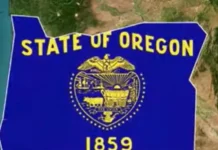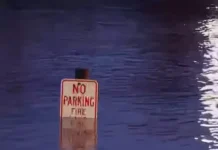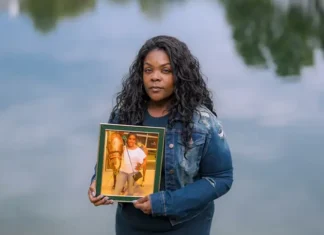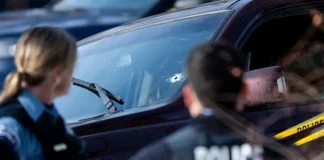
A public hearing regarding a proposed bill to repeal Oregon’s vote-by-mail system is set for Monday at 1 PM in Salem. Senate Bill 210 aims to eliminate mail-in voting, impose voter ID requirements, and mandate in-person voting on Election Day. However, the bill would still allow mail-in voting for military personnel, overseas voters, and those with mailing addresses outside of Oregon.
Oregon first approved mail-in voting in 1981, with a majority of counties adopting the system by 1987. It wasn’t until 1998 that voters in Oregon passed a measure mandating all elections be conducted via mail. The state made history in 2000 as the first to hold a presidential election entirely by mail.
Currently, only seven other states, along with Washington, D.C., send mail ballots to all registered voters without requiring a request: California, Colorado, Hawaii, Nevada, Utah, Vermont, and Washington. Oregon state legislators are encouraging the public to provide testimony on SB 210, either online, remotely, or in person.
The hearing for SB 210, sponsored by State Senator David Brock Smith (R-Port Orford), comes shortly after President Trump issued an executive order advocating for identity verification and alterations to vote-by-mail deadlines. Oregon Secretary of State Tobias Read emphasized the importance of maintaining the existing voting system, noting that Oregon, which implemented the Oregon Motor Voter Act in 2016, is a leader in voter turnout nationwide.
“The model we have in Oregon is a benchmark for the country,” Read stated. “It provides voters the convenience of casting their ballots at their own pace, using paper ballots that undergo signature verification. Our systems are a gold standard in this regard.”
According to the U.S. Census Bureau, the voter turnout rate in the 2020 presidential election was among the highest in over a century, with nearly 67% of eligible voters participating on Election Day. Furthermore, Oregon and Washington have averaged over 75% voter turnout in recent presidential elections, as reported by the University of Florida Election Lab.















